Futurist and best-selling author Scott Berkun knows all about public presentations. He speaks often at high-tech conferences and other pressurized gatherings. His easy-going, colloquial approach and unpretentious, folksy advice make this an quick, entertaining and useful read. Although about half of what he says is not new, the book is memorable because of his candor about the self-consciousness and awkwardness that most people experience when speaking in public. Berkun convinces you that anyone can excel at public speaking. He offers many techniques to help with the most difficult aspect: being yourself. getAbstract recommends this amusing guide to anyone who has to get up and talk to a roomful of strangers.
Don’t Picture Anybody Naked
“Public speaking is a form of expression.” It takes emotional commitment. Your material defines you to your audience much more than your actual speaking. When you present well, you disappear and the audience experiences only your subject matter, since every presentation should concern a single, specific topic.
Public speaking makes you awkward because it is awkward. Studies suggest that nobody can pay attention for longer than 10 minutes at a time, regardless of the theme. Before you even start, the majority of your audience wishes you were already done. Most people will give you a fraction of their attention at best. Getting them to focus is not easy, so, of course, you’re nervous. But picturing your audience naked won’t help. That useless piece of advice, which seems to have originated with Winston Churchill, is always the first thing people tell you when you admit to being nervous about a public presentation. If you even could imagine such a scene – and why would you want to? – that image will just distract you.
Perfect Imperfection
The possibility of failure is a common reason people procrastinate before starting a project...
Scott Berkun is the best-selling author of Making Things Happen and The Myths of Innovation. He is a former teacher of creative thinking at the University of Washington, and his writing has appeared in The Washington Post, The New York Times and Wired.



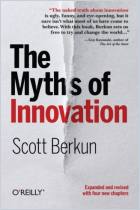
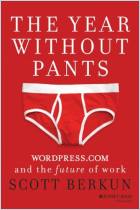
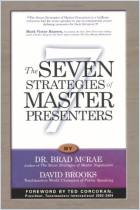
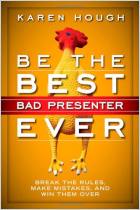
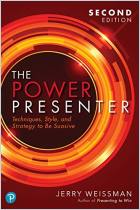
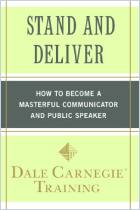
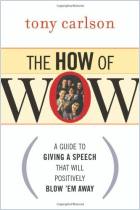
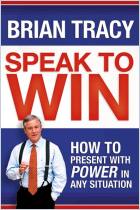




Comment on this summary